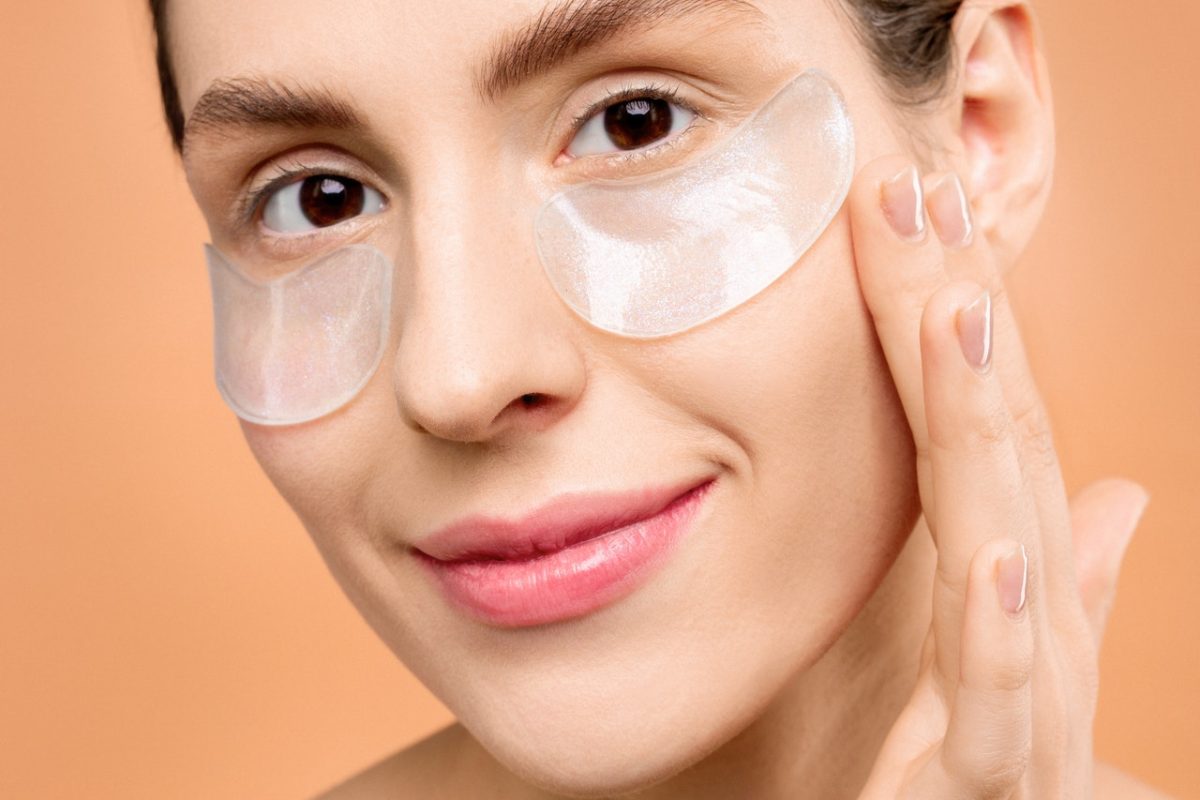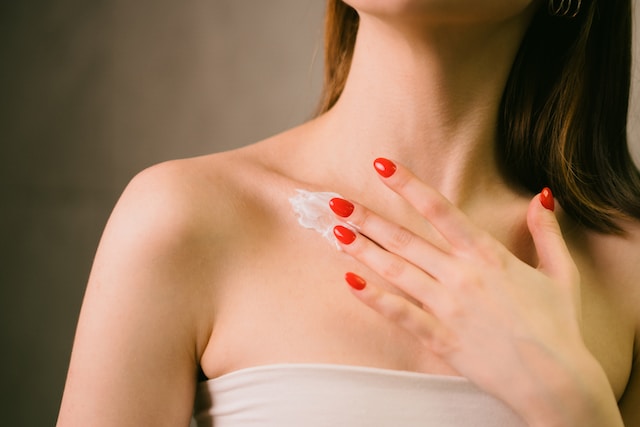Sensitive skin can come in many forms and sizes. There is a range of different conditions, from genetic ailments, such as eczema and rosacea, to really severe allergies. Whilst some people can have a skin reaction every now and again to specific ingredients or products, those who have persistent issues for a variety of different reasons are classified as having sensitive skin.
It can be difficult to determine whether you have sensitive skin often people can reduce irritation such as persistent acne by regular changing their glasses from Eyeglasses.com, or having fewer days wearing makeup, however, for others this list will help them to identify if they have sensitive skin:
You Flush Easily
One of the most common signs of sensitive skin is redness, whether the culprit is a reaction to a particular ingredient or it’s a genetic predisposition such as rosacea. Those who have sensitive skin will have this reaction happen regularity, perhaps even daily. Those who have infrequent sensitivity or reaction to things like a change in ingredients or weather don’t necessarily have sensitive skin. If you notice that you have something that creates a reaction and leave your irritated, avoid it, and stop using it straight away.
You’re Prone To Rashes And Or Bumps
Having red bumps or frequent rashes could be massive signs that you have sensitive skin. Make sure you test any new products by completing a skin test on a small patch of skin before you use it properly. Wait twenty-four hours and see what your skin’s reaction is.
New Beauty Products Burn Or Sting
Whether it’s the foundation, cleanser, sunscreen, or a cleanser, if your skin reacts by burning or sting, this is not a good reaction. People who have sensitive skin, have naturally thinner skin barriers, this allows the ingredients in common skin-care items to burn or sting then leave the skin red. If you want to avoid this then you need to make sure you aren’t overloading your sensitive skin with the harsh ingredients. Aim to stay with gentle, hypoallergenic items that have been made for sensitive skin. And, again, if you are unsure of a product conduct a test patch test first.
You Get Dry Patches
Irritation and dryness of the skin are telltale signs of eczema, this is a type of dermatitis characterized by a leaking skin barrier that doesn’t effectively trap the right level of moisture. Flaking and scaling develop and then this leads to long spells of dryness. Mild eczema can be treated using over-the-counter creams, however, if you have a persistent flare-up, then you may need to see a doctor who can provide a topical steroid cream for treatment.
Itchy Skin
Taut and itchy skin is a strong symptom of skin sensitivity that has been easily exacerbated. It can often be triggered by things like frequent washing with hot water. Try to swap to lukewarm water instead, and if possible always use a sensitive skin appropriate cleanser, followed by a suitable moisturizer.
Sensitive to UV Rays
If you step into the sun without sunscreen or a hat and you’re soon beetroot red, then you could very well have sensitive skin. Photosensitivity can lead to a skin rash on the face, outer arms, and chest. You need to make sure you always wear a broad-spectrum sunscreen that provides an SPF 30 or higher, always avoid synthetic varieties. You will find that zinc oxide and titanium dioxide are most agreeable to sensitive skin.
Broken Capillaries
Broken capillaries are the tiny blood vessels that become visible near the surface of your skin, they are often seen on the cheeks and your nose. If you have sensitive skin (thin with fewer layers) you are much more prone to having broken capillaries.
Fragrance Doesn’t Mix Well With Your Skin
It may smell nice, however, scented products tend to be a very common trigger for people with sensitive skin. Tree to choose products that are fragrance-free beauty and don’t assume that natural scents will be okay, this isn’t always the case. You will usually find that therapeutic essential oils like cinnamon, clove, and peppermint can quickly trigger sensitive skin.
Your Skin Reacts Badly To Bad Weather
If you have sensitive skin then you will understand the problems that come with bad weather. Windy and cold days are an immediate trigger for anyone who has eczema, or rosacea. The best thing you can do is calm your skin in the evening after bad weather use ingredients like calendula, chamomile, and azulene extract.
Sensitive skin can be difficult to understand, hopefully, this little guide will help you to recognize some of the things that could mean you have over sensitive skin. What do you do to look after your skin? Please share some ideas in the comments below.
Photo by Shiny Diamond from Pexels




